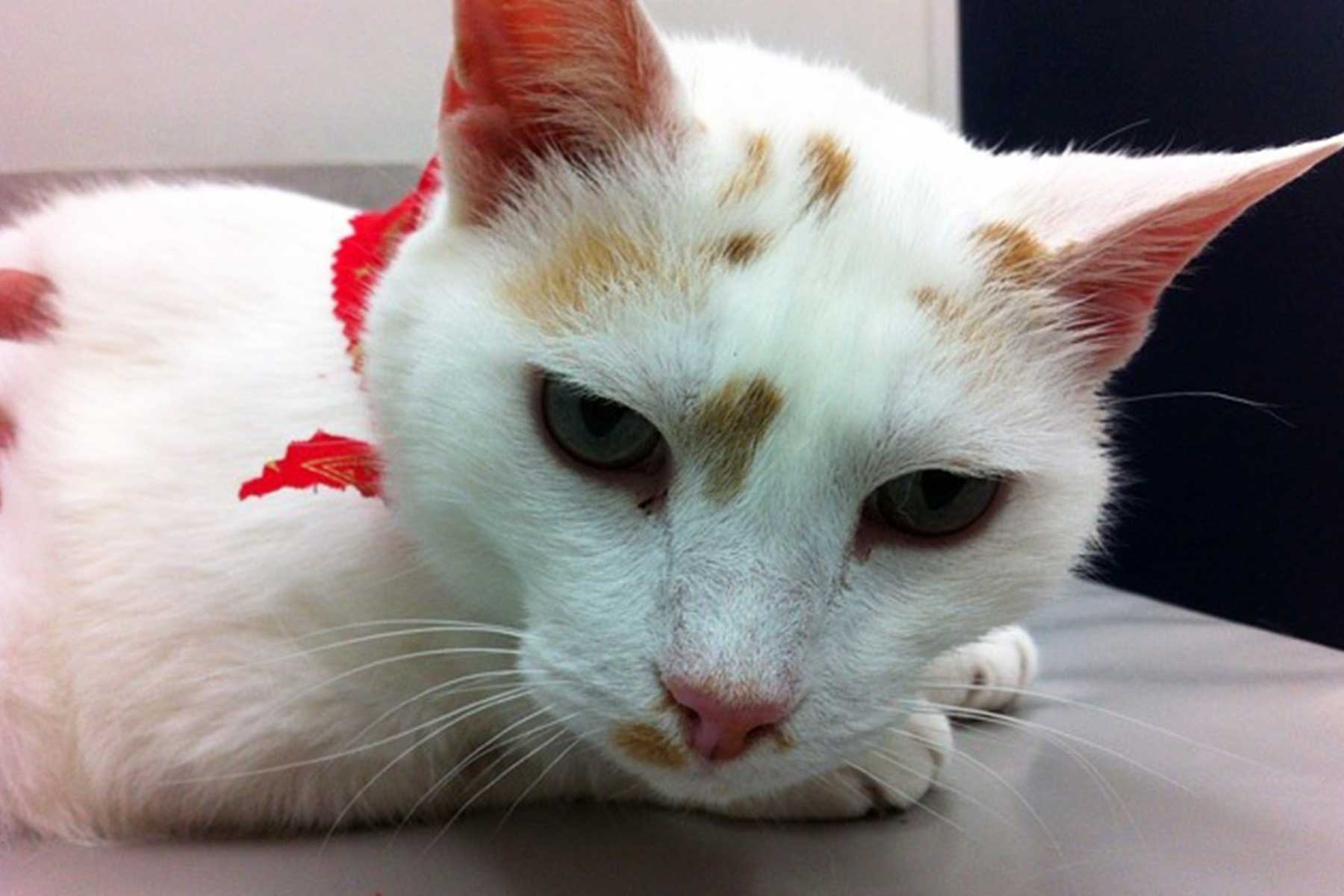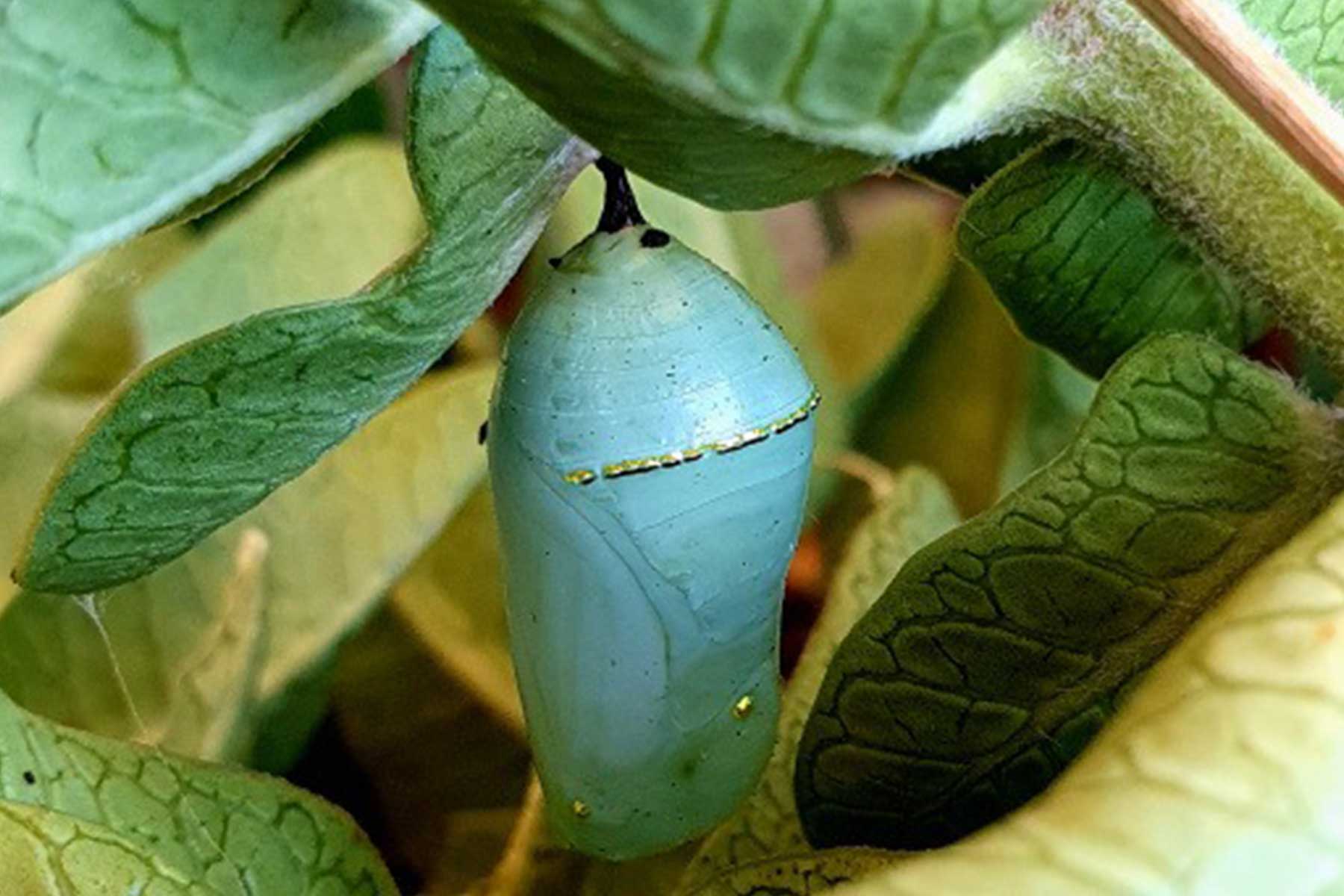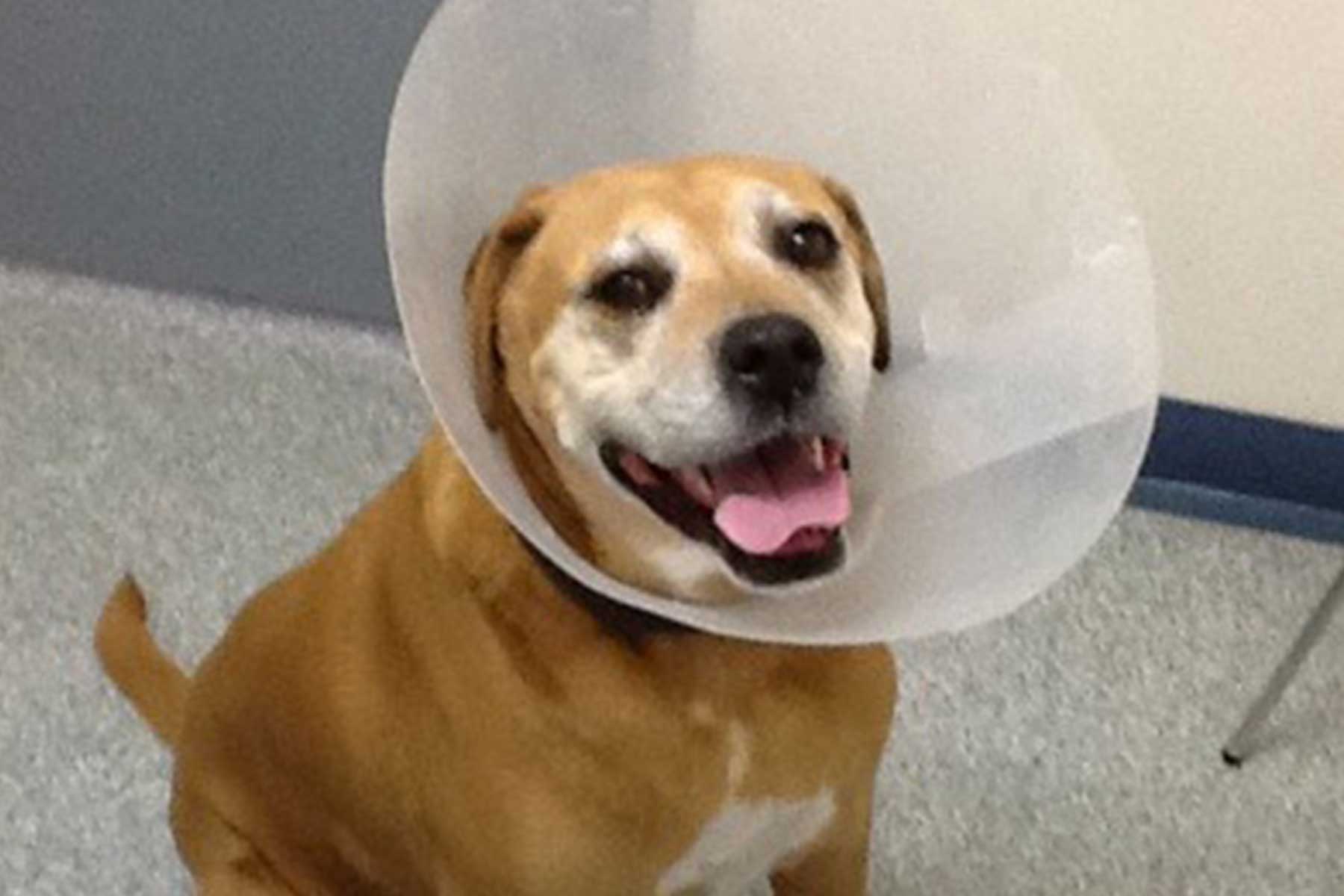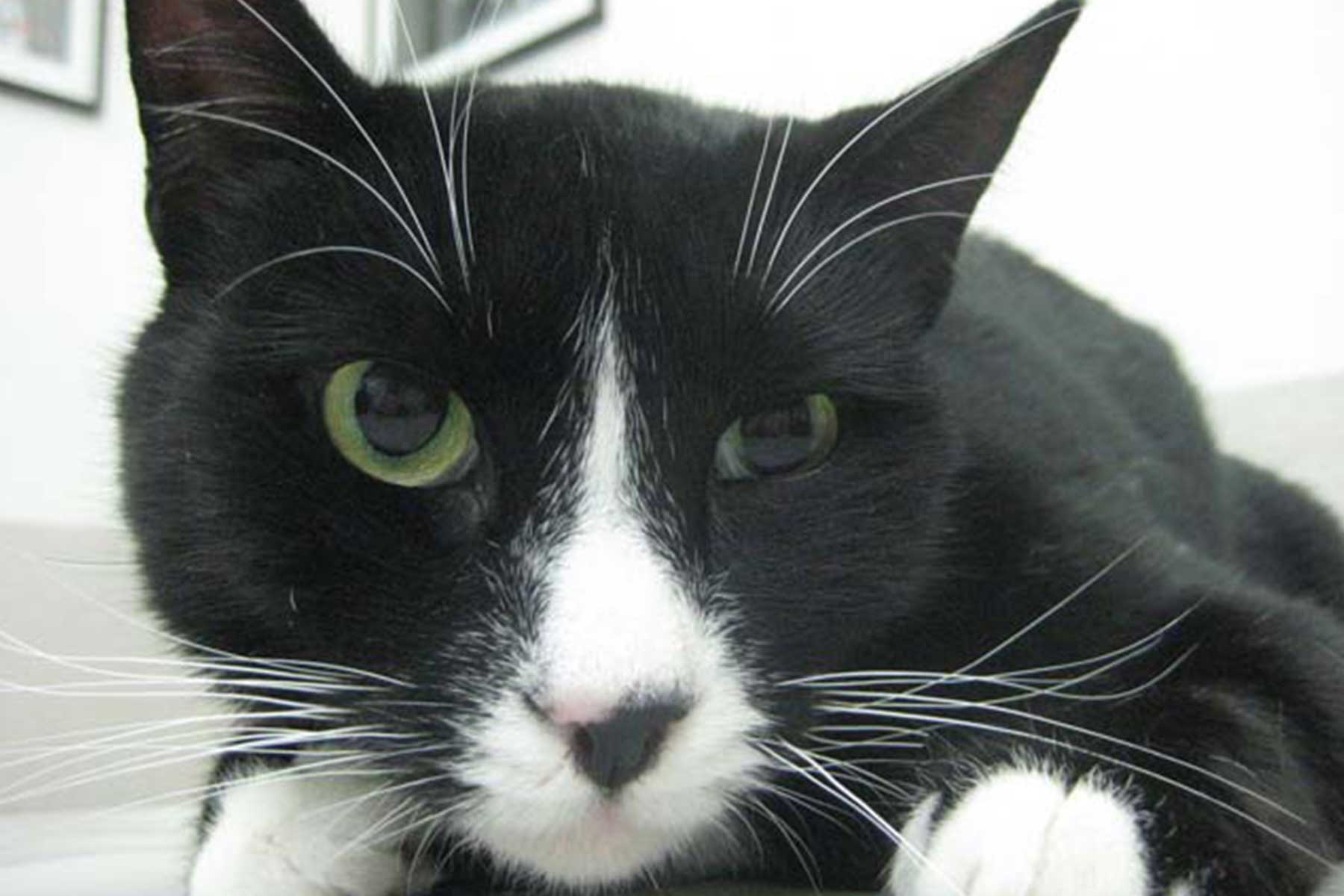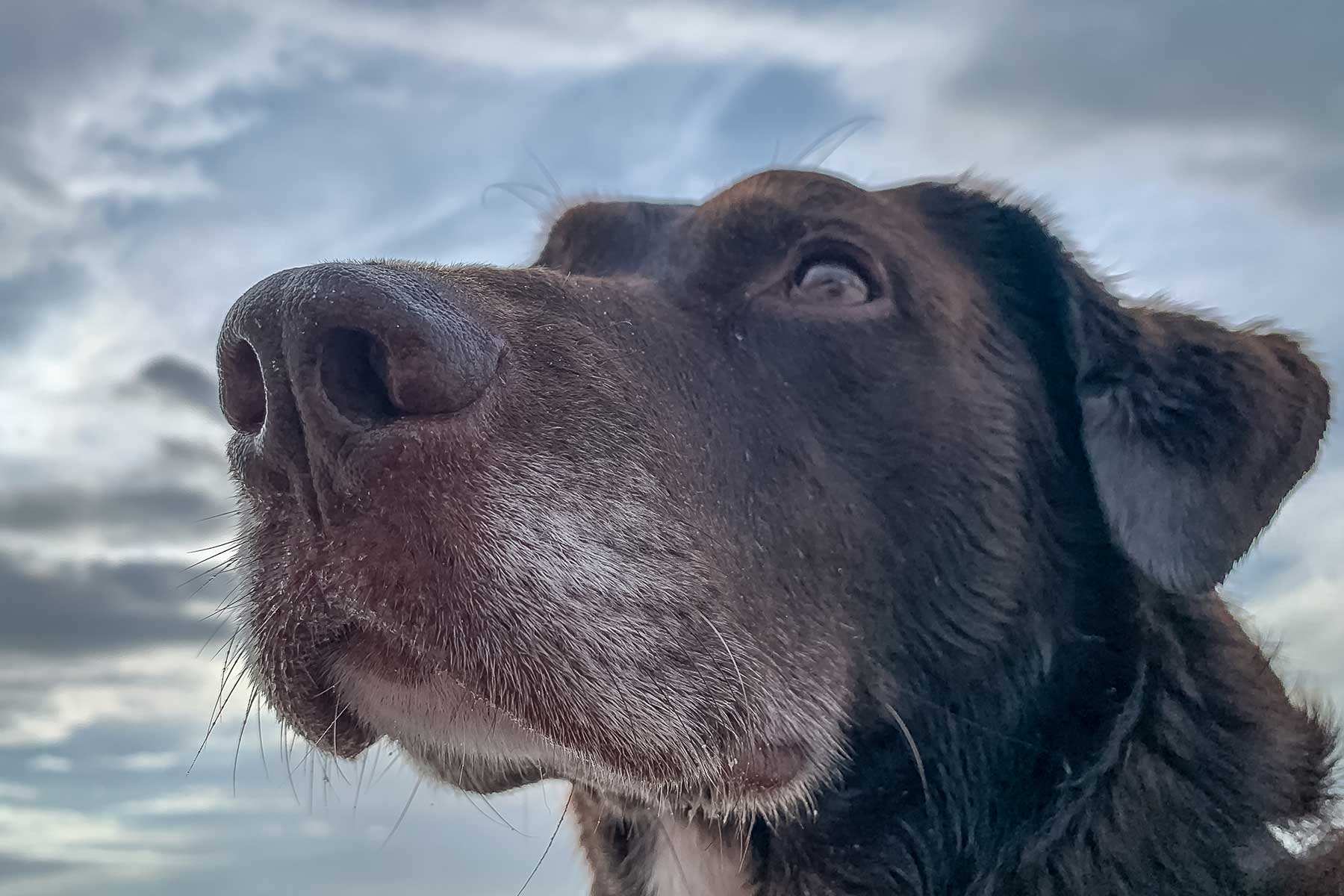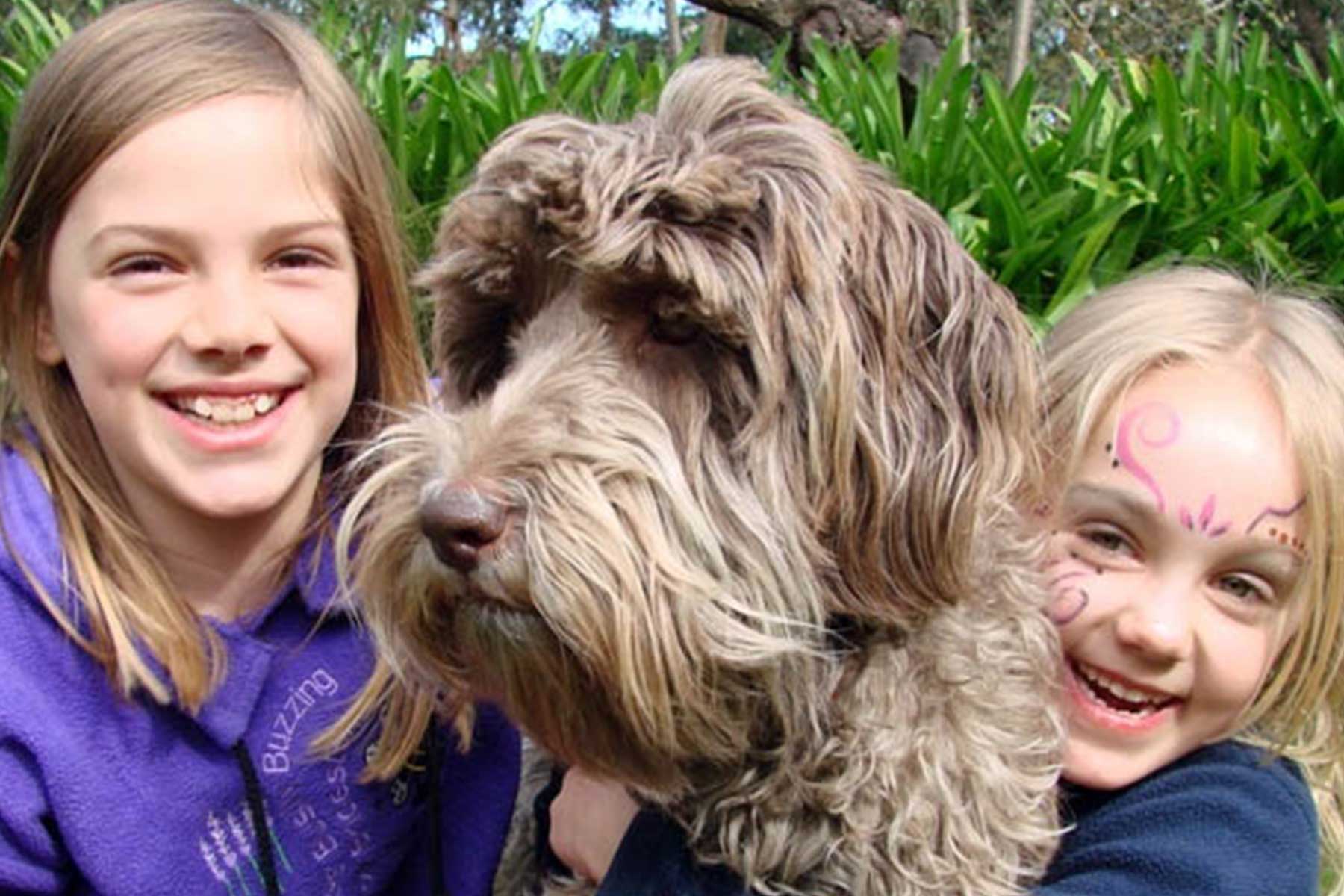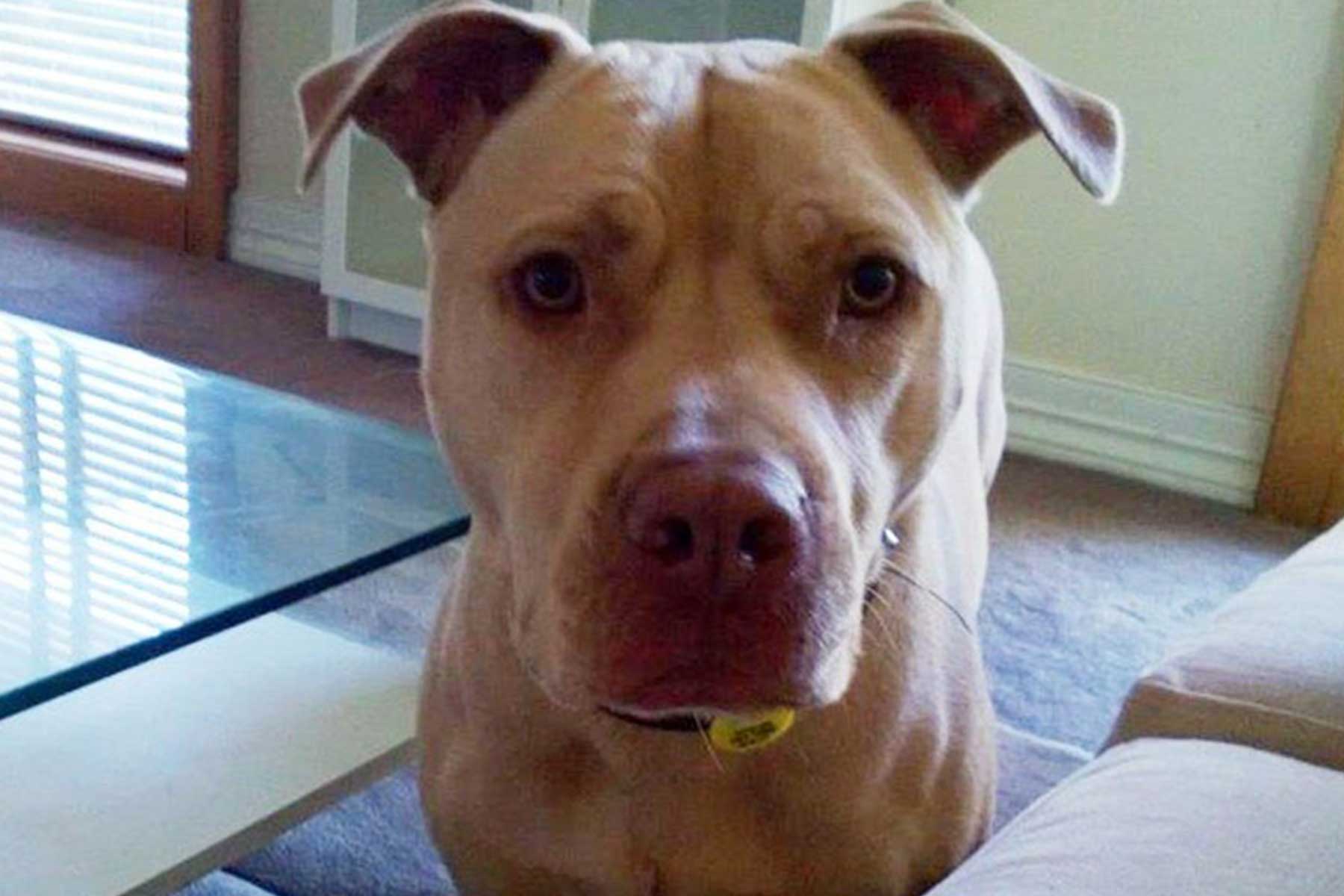Tia came to our clinic shortly after she started sneezing that day. Her owner said that she only started sneezing when she went outside and he was worried about her having a grass seed lodged inside her nose as she is an inquisitive dog and she has had grass seeds lodged in her nose before! Our veterinarian performed a physical examination on Tia and found nothing abnormal. A decision was made to admit Tia into the hospital for anaethesia so we could take a quick look up the nostrils to investigate further.
Tia was soon asleep under anaesthesia. Investigations into the nose always require a general anaesthesia because it is a sensitive part of the body. Our prompt actions were soon rewarded when we found and removed the offending grass seed lodged quite deeply in the right nostril. We only just managed to visualise the end of the seed as the tissues were already inflammed and producing pus.
Grass seeds are a frequent cause of foreign bodies which occur in the warmer months of spring and summer in South Australia. They can often cause a severe local reaction when they penetrate the skin. Common places for grass seeds to lodge include the pet’s coat, mouth, ears, feet, nostrils and genital area. If they are swallowed it can cause devastating effects by introducing infection into the throat, chest or gastrointestinal system. It is highly recommended to avoid walks through parks and grasslands with seeding grasses. Make sure to check your pet’s coat daily and try to keep the hair between their feet trimmed during periods of high risk.
From Tia’s owners:
Tia is a very active 12 year old Red Heeler Staffordshire cross. If there is a tennis ball or soccer ball near by you just can’t stop her from playing. As usual Tia was running around my large back yard looking for anything to play with, sniffing around the edges of the fence line where the grass was longer and dryer. After a short while I noticed that she came running from under the trees sneezing erratically, shaking her head and looking a little distressed. I watched her for an hour or so as the sneezing appeared to stop. Last year she did have some seasonal allergies around the same time of year, which she was treated for. After a couple of hours Tia started to have sneezing fits again, so I called the Vet and booked her in thinking that she may have inhaled something from the backyard. The vet gave Tia a complete health check including taking a blood sample, and recommended that she needed to have a general anesthetic to look up her nose. The vet phoned a couple of hours later to say that she removed a small yellow grass seed from Tia’s nostril, she also gave some pain relief to keep her comfortable. When she got home she was back to usual thing, running around the backyard looking for balls again, and a much happier girl.
Related articles:

